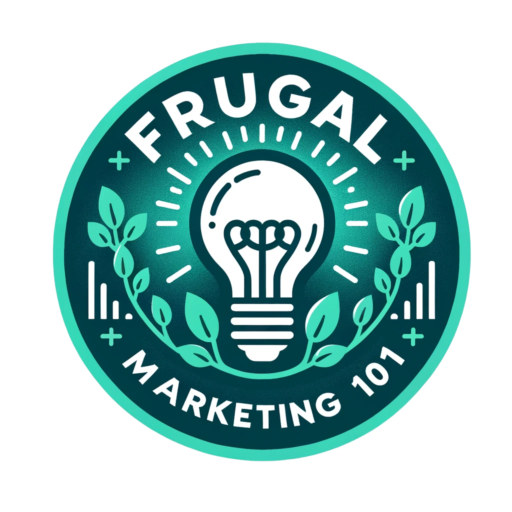In today’s digital age, the marketing landscape is continuously evolving, and the competition is fiercer than ever. Small businesses and startups often find themselves trying to make a mark without the hefty marketing budgets that larger corporations boast. This is where the power of content marketing shines, allowing businesses to build their brand, enhance customer engagement, and drive sales—all without spending a dime on advertisements.
Understanding Content Marketing
Content marketing is a strategic marketing approach focused on creating and distributing valuable, relevant, and consistent content to attract and retain a clearly-defined audience — ultimately, to drive profitable customer action. Unlike traditional marketing, content marketing attracts prospects and transforms prospects into customers by creating and sharing free valuable content.
Why Content Marketing?
Cost-Effectiveness: One of the most appealing aspects of content marketing is its cost-effectiveness. With no need for a significant ad spend, it levels the playing field for smaller businesses.
Long-Term Value: Quality content delivers long-term value. A well-written blog post or video can continue to attract new leads months or even years after it was originally published.
Builds Trust with Your Audience: Providing your audience with valuable information helps establish your business as an authority in your field, building trust with your audience.
Improves SEO: Quality content is also key to improving your site’s SEO, helping you rank higher in search engine results and attract organic traffic.
Strategies for Effective Content Marketing
Understand Your Audience: The first step in any content marketing strategy is to know your audience inside out. What are their needs, challenges, and interests? Tailoring your content to address these aspects will make your efforts more effective.
Create a Content Calendar: Consistency is key in content marketing. A content calendar helps you plan out your content strategy, ensuring a consistent flow of content and enabling you to prepare for key industry events or seasons.
Diversify Your Content: Don’t just stick to blog posts. Explore different formats such as videos, infographics, podcasts, and webinars. Different types of content can engage different segments of your audience.
Focus on Quality Over Quantity: It’s better to publish one well-researched, well-written piece of content each month than to push out poor quality content weekly. Quality content is more likely to be shared and generate engagement.
Leverage SEO: Use SEO best practices to make your content discoverable. Research keywords related to your industry and incorporate them into your content to boost your visibility in search results.
Engage on Social Media: Share your content on social media platforms where your target audience is most active. Engage with your followers by responding to comments and participating in discussions.
Analyze and Adapt: Finally, use analytics to track the performance of your content. Understanding what works and what doesn’t allows you to adapt your strategy for better results over time.
Conclusion
Content marketing is a powerful tool for businesses looking to build their brand without a significant ad spend. By focusing on creating valuable, relevant content, you can attract and engage a dedicated audience, establish your authority in your industry, and ultimately drive customer action. Remember, success in content marketing doesn’t happen overnight. It requires patience, consistency, and a willingness to adapt your strategy based on performance and feedback.




